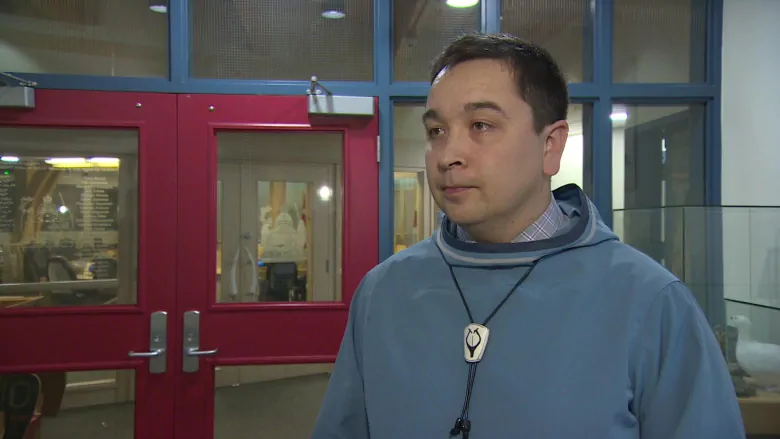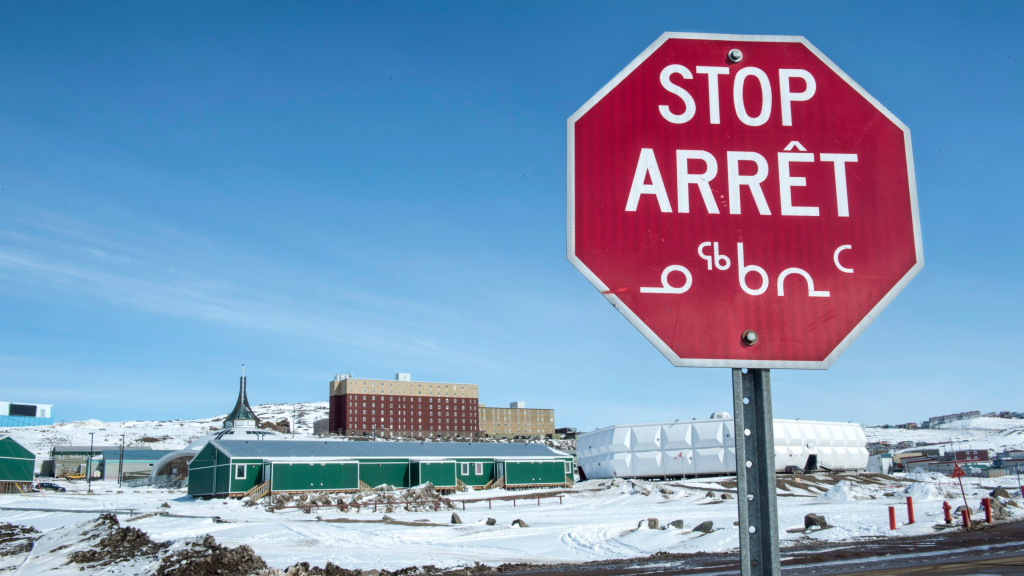Arctic Canada: Nunavut education minister says all parties fairly consulted on controversial education bill

Nunavut’s education minister says his department properly consulted partners on Bill 25, the Act to Amend the Education Act and the Inuit Language Protection Act.
David Joanasie was questioned by the standing committee on Bill 25 yesterday, on the last day of public hearings.
“As a department it was our expectation that our partners would openly tell us what they wanted to see in the bill when we consulted with them,” said Joanasie, in his opening statement to the committee.
He said the submissions given to the standing committee by the presenting organizations “differ dramatically” from the ones received by his office. As a result, Joanasie said his department didn’t have the opportunity to have the proposals reflected in the bill.
Bill 25 has been widely criticised since it was first introduced in June.
The most vocal critic of the bill has been Nunavut Tunngavik Incorporated (NTI). During the hearing NTI president, Aluki Kotierk, told the committee that the organization should have been part of writing the bill.
Thomas Ahlfors, legislative council for the Government of Nunavut offered legal clarification for Joanasie. Ahlfors told the committee that if the partners had been apart of the drafting of the legislation it would have significantly delayed the bill.
“I would assume this bill would have been delayed by at least a year if we had done that,” Ahlfors said.
Ahlfors said that was because the specialized legal expertise needed to draft legislation is not currently possessed by any of the partners who wanted to participate.
Joanasie also told the committee that he believes there has only been two other pieces of legislation that have been co-developed between parties.

Joanasie stands by Bill 25
Questioning this week focused on the government’s deadline to make the education system fully bilingual by 2039.
The committee and presenting partners were looking for assurance from Joanasie that the bill would ensure fully bilingual education in Nunavut.
Joanasie referred to a timeline accompanying the bill that includes detailed roll out targets for bilingual curriculum, assessment, resources and training. He stressed that 2039 was only a deadline, and the department plans to make the school system bilingual sooner.
He also said the provision in Bill 25 that forces the legislature to review the education act every five years will allow the department to address working challenges.
However, Joanasie is calling for Nunavummiut to “step up to the plate” in order to recruit the language expertise needed to have a fully bilingual system.
“We need of course more bilingual Inuit teachers, as well as the curriculum that we need to develop in the Inuit language,” said Joanasie.
He told the committee that over the next 20 years the Nunavut Teacher Education Program (NTEP) will produce over 500 Inuktitut speaking teachers.
However, the Nunavut Teachers’ Association told the committee this week that they lose half of their NTEP graduates within five years because the program is not properly preparing them for the realities of the job.
Joanasie said the bill has a 10-year teacher recruitment and retention plan. He told the committee the plan will outline the department’s role in supporting potential teachers and connecting them to training through the NTEP program.
The standing committee will now come up with recommendations on the bill.
Related stories from around the North:
Canada: Arctic Canada: Nunavut parent and teacher groups decry changes to education, language acts, CBC News
Finland: Finnish gov agrees to formation of Sámi Truth and Reconciliation Commission, Yle News
Norway: BBC lists Sami journalist Sara Wesslin among world’s 100 most influential women, The Independent Barents Observer
Russia: Russia removes critical voices ahead of Arctic Council chairmanship, claims Indigenous peoples expert, The Independent Barents Observer
Sweden: Calls for more Indigenous protection in Sweden on Sami national day, Radio Sweden
United States: Indigenous leaders at UN meeting push for decade dedicated to language revitalization, CBC News



